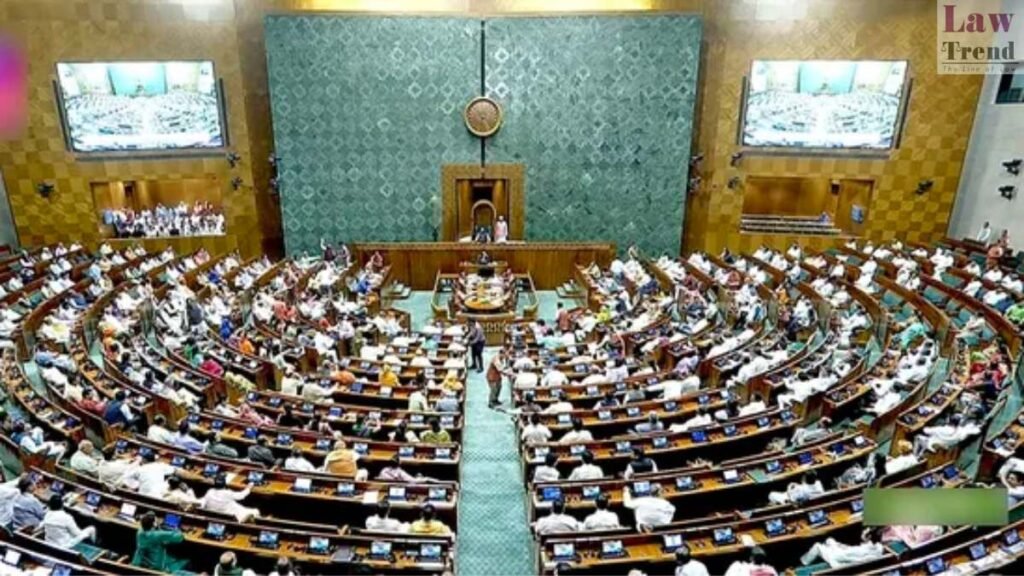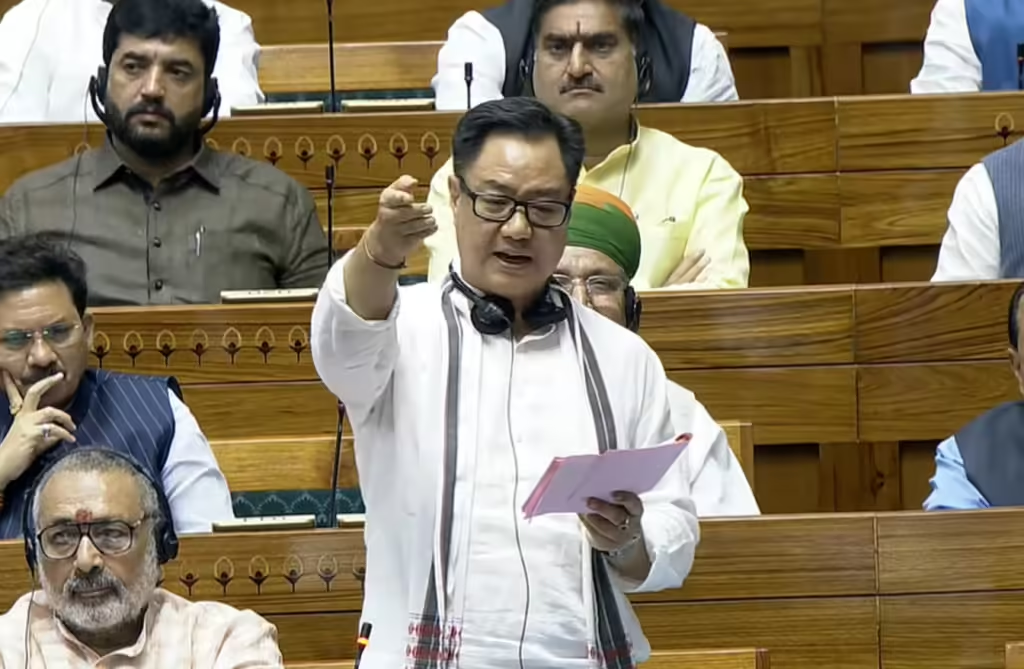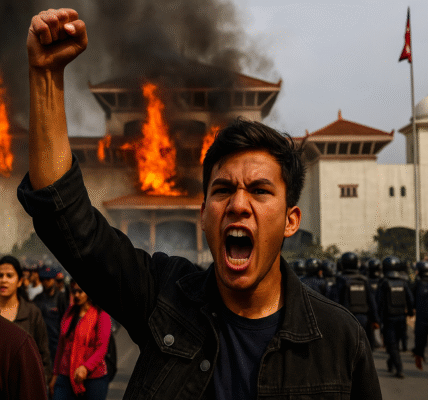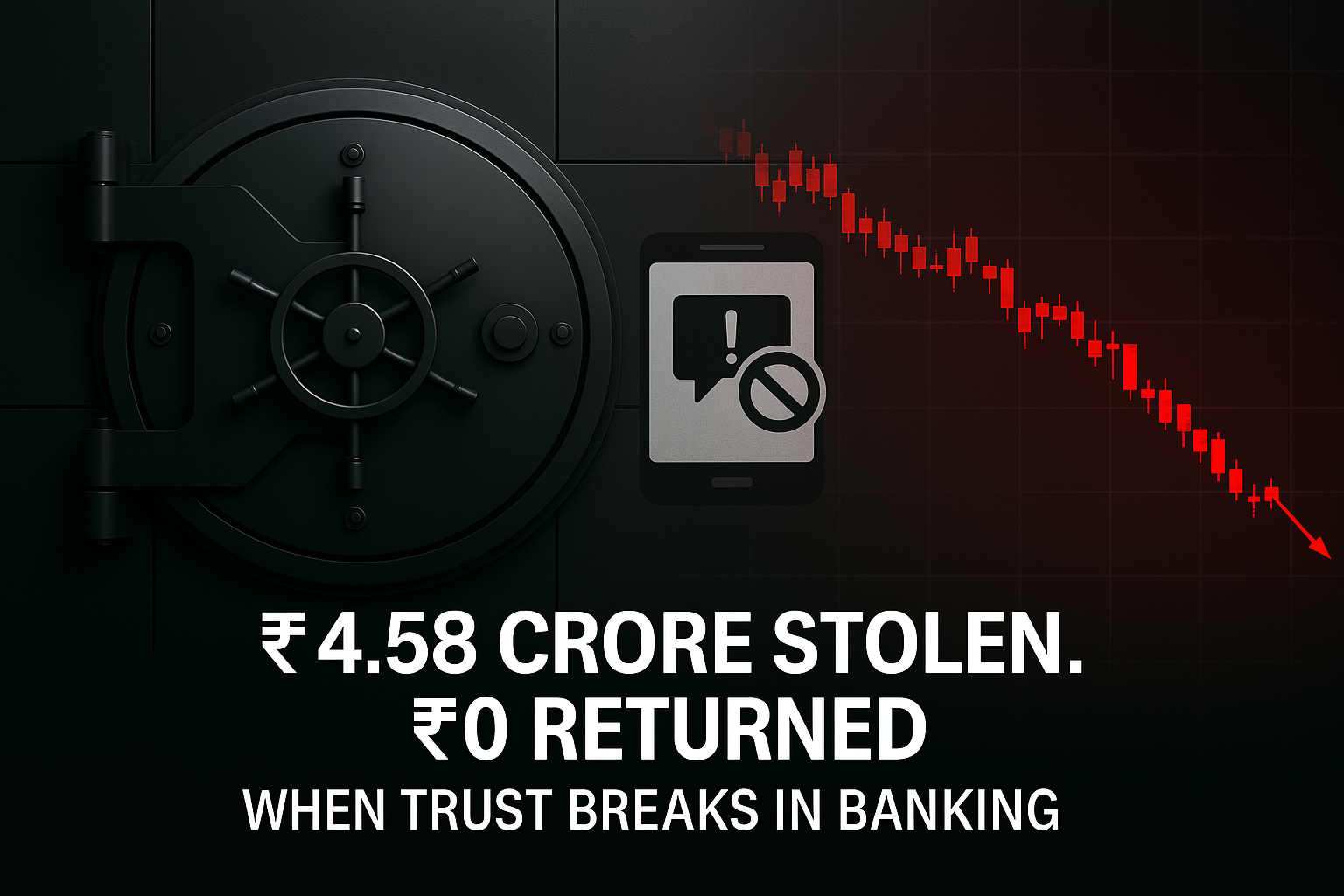21 Lok Sabha MPs Appointed to Waqf Bill Panel: Key Players and What It Means for Future Legislation
21 Lok Sabha MPs Appointed to Waqf Bill Panel: A Comprehensive Overview
New Delhi, August 10, 2024 – In a significant move, the Lok Sabha has appointed 21 of its members to a joint parliamentary committee (JPC) to scrutinize the Waqf (Amendment) Bill, 2024. This decision follows intense debates and discussions in the Lower House, reflecting the bill’s contentious nature and its potential implications for the Waqf Board and related institutions.
Members of the Waqf Bill Panel and Their Affiliations

The 21 Lok Sabha members appointed to the Waqf Bill Panel represent a diverse array of political affiliations, ensuring a broad spectrum of perspectives in the review process. Here is a detailed look at the members and their political backgrounds:

- Jagdambika Pal (BJP) – A seasoned politician with extensive experience in parliamentary affairs.
- Nishikant Dubey (BJP) – Known for his strong stance on economic and financial matters.
- Tejasvi Surya (BJP) – A young and dynamic leader, vocal on issues of national importance.
- Aparajita Sarangi (BJP) – Former bureaucrat turned politician, with a focus on governance and administrative reforms.
- Sanjay Jaiswal (BJP) – Active in health and family welfare initiatives.
- Dilip Saikia (BJP) – Engaged in rural development and agricultural policies.
- Abhijit Gangopadhyay (BJP) – Advocate for educational reforms and youth empowerment.
- DK Aruna (BJP) – Focuses on women’s rights and social justice.
- Gaurav Gogoi (Congress) – Son of former Assam Chief Minister, with interests in environmental and rural issues.
- Imran Masood (Congress) – Known for his work in minority rights and community development.
- Mohd Jawed (Congress) – Active in healthcare and public welfare programs.
- Maulana Mohibullah (SP) – Religious scholar and advocate for educational reforms in minority communities.
- Kalyan Banerjee (TMC) – Senior advocate and experienced parliamentarian.
- A Raja (DMK) – Former Union Minister with a focus on telecommunications and social justice.
- Lavu Sri Krishna Devarayalu (TDP) – Engaged in agricultural and rural development.
- Dileshwar Kamait (JDU) – Focuses on social welfare and rural upliftment.
- Arvind Sawant (Shiv Sena-UBT) – Former Union Minister with interests in industry and commerce.
- Suresh Mhatre (NCP-Sharad Pawar) – Active in cooperative movements and rural development.
- Naresh Mhaske (Shiv Sena) – Engaged in urban development and infrastructure.
- Arun Bharti (Lok Janshakti Party-Ram Vilas) – Focuses on social justice and empowerment of marginalized communities.
- Asaduddin Owaisi (AIMIM) – Vocal advocate for minority rights and social justice.
Significance of the Waqf Bill Panel and the Panel’s Role
The Waqf (Amendment) Bill, 2024, aims to streamline the registration of waqf properties through a central portal and proposes renaming the Waqf Act, 1995, to the Unified Waqf Management, Empowerment, Efficiency, and Development Act. The term “waqf” refers to properties permanently dedicated for religious or charitable purposes under Islamic law. Once designated as waqf, these properties cannot be revoked or transferred.
The formation of the Waqf Bill Panel is crucial as it will meticulously examine the proposed amendments, ensuring they align with constitutional principles and do not infringe upon the rights of any community. The panel’s recommendations will significantly influence the final shape of the bill and its implementation.
Potential Impact and Legislative Implications
The Waqf Bill Panel’s work is expected to have far-reaching implications for the Waqf Board and related institutions. By streamlining the registration process and enhancing transparency, the bill aims to prevent misuse and mismanagement of waqf properties. However, opposition parties have raised concerns, viewing the bill as a targeted measure against the Muslim community.
The recommendations of the Waqf Bill Panel JPC will play a pivotal role in shaping public discourse and legislative processes. If the panel suggests substantial changes, it could lead to further debates and revisions, potentially delaying the bill’s passage. Conversely, a consensus within the panel could expedite the legislative process, leading to swift implementation of the new regulations.
Conclusion
The appointment of the 21 Lok Sabha MPs to the Waqf Bill panel marks a significant step in the legislative process. Their diverse backgrounds and political affiliations promise a comprehensive review of the bill, balancing various interests and concerns. The panel’s findings and recommendations will be eagerly awaited, as they will shape the future of waqf property management and influence broader legislative and public discourse in India.
More Interesting Articles
PM Modi Visits Wayanad: Aerial Survey Reveals Extent of Landslide Devastation
Bangladesh in Crisis: Surge in Violence Against Hindus Following Military Coup
Bangladesh on the Brink: Unraveling Democracy Amidst Military Rule and Rising Extremism
Supreme Court Backs L-G’s Authority: Major Shift in Delhi’s Political Dynamics
Sensex Today: Market Meltdown as BSE Sensex Dives Over 1,800 Points
Violence Erupts Across Bangladesh, Resulting in 32 Deaths and Nationwide Unrest
Fortifying Abraham Alliance: Israel’s Strategic Response to Iranian Threats in the New Middle East
Preeti Sudan: From Esteemed Bureaucrat to Visionary Steward at the Helm of India’s UPSC
Mamata Banerjee Joins PM at Pivotal Niti Aayog Meeting Amid Opposition Boycott
Union Budget 2024: Nirmala Sitharaman Unveils Bold Vision for India’s Future
PM Modi Urges Urgent Unity and Constructive Debate Ahead of Crucial Budget Session
Bangladesh’s Shoot-on-Sight Order Amid Mounting Student Protests: A Deepening Crisis
Aishwarya Rai Bachchan and Abhishek Bachchan: Addressing Rumors of Rift and Separation
Hardik Pandya Divorce: Cricketer and Natasa Stankovic Announce Split After Four Years of Marriage
Tragic Loss: Travel Influencer Aanvi Kamdar Falls to Her Death in Gorge Accident
Discover more from
Subscribe to get the latest posts sent to your email.










